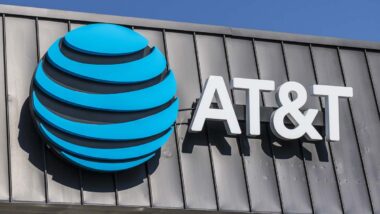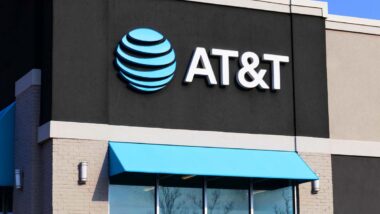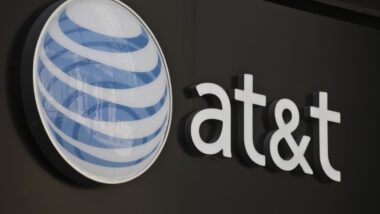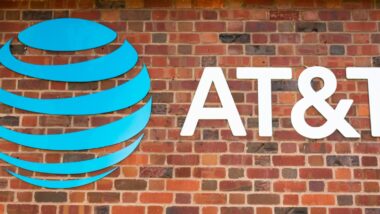Top Class Actions’s website and social media posts use affiliate links. If you make a purchase using such links, we may receive a commission, but it will not result in any additional charges to you. Please review our Affiliate Link Disclosure for more information.
AT&T will pay $60 million to settle a lawsuit filed by the Federal Trade Commission (FTC) related to the company’s claims that they were providing unlimited data, but slowed the data speeds of these customers.
The FTC claims that AT&T did not adequately disclose to its customers who had an unlimited data plan that, if they reached a certain amount of data use, AT&T would reduce their data speeds to the point that video streaming and web browsing became nearly impossible to use.
“As part of the settlement, AT&T is prohibited from making any representation about the speed or amount of its mobile data, including that it is ‘unlimited,’ without disclosing any material restrictions on the speed or amount of data. The disclosures need to be prominent, not buried in fine print or hidden behind hyperlinks,” according to a statement released by the FTC.
The FTC filed its complaint in 2014, stating that in 2007, the defendant offered an “unlimited” mobile data plan for $20 per month. In addition, in 2008, AT&T increased this fee to $30 per month.
The FTC complaint states that, in June 2010, the defendant stopped offering their unlimited mobile data plan to new customers and required them to purchase one of their “tiered” mobile data plans. Since then, however, AT&T has offered those with unlimited plans to continue their plan if they bought a new smartphone.
“Defendant has offered to grandfather customers’ existing unlimited mobile data plan to induce customers who have this plan not to switch mobile data providers. Competing mobile data providers have offered data service for smartphones for several years, including, since 2011, for the iPhone,” the FTC complaint states.
The FTC argues that, in July 2011, AT&T began reducing the data speed for those in the unlimited plans, a practice known as “throttling.”
The complaint states that customers who have experienced throttling have seen a sharply reduced service under the program.
“When it implemented its throttling program, Defendant possessed internal focus group research indicating that its throttling program was inconsistent with consumer understanding of an ‘unlimited’ data plan,” the FTC complaint states.
An article in CNN points to an action in 2015 where AT&T was fined $100 million for similar throttling allegations. The article states that AT&T exposed customers to slower data speeds after they used more than a certain amount of data in a billing cycle.
The complaint filed by the FTC claimed that thousands of customers have sent in written complaints to AT&T, the Better Business Bureau, and various government agencies. In addition, the defendant has received more than 190,000 customer calls related to the throttling issue.
An article in TechCrunch states that former and current customers will not need to fill out a Claim Form to benefit from the FTC settlement. Current AT&T customers will get a bill credit and former customers should expect a check in the mail.
Are you an AT&T customer whose data was throttled? Leave a message in the comments section below.
The FTC is represented by David Shonka, Evan Rose, Matthew Gold, Laura Fremont, Eric Edmondson, Kerry O’Brien and David Newman.
The AT&T Unlimited Data Lawsuit is Federal Trade Commission v. AT&T Mobility LLC, Case No. unknown, in the U.S. District Court for the Northern District of California, San Francisco Division.
ATTORNEY ADVERTISING
Top Class Actions is a Proud Member of the American Bar Association
LEGAL INFORMATION IS NOT LEGAL ADVICE
Top Class Actions Legal Statement
©2008 – 2024 Top Class Actions® LLC
Various Trademarks held by their respective owners
This website is not intended for viewing or usage by European Union citizens.














260 thoughts onAT&T Will Pay $60M To Settle ‘Unlimited’ Data Plans Lawsuit
I was never told streaming would be reduced with unlimited data. Please add me to the lawsuit.
Please add me
Please add me